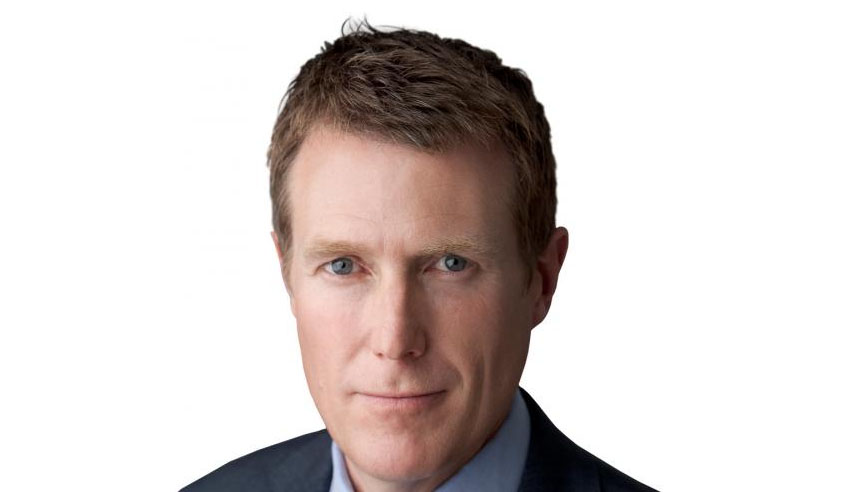Attorney-General Christian Porter has outlined his thoughts on the extent to which lawyers can express their views online and how much employment contracts can regulate employee conduct.

In conversation with Lawyers Weekly, Mr Porter said lawyers must understand that social media is a “lasting record of things said”, in ways that using a telephone isn’t.
“There is no doubt that when people in the law apply for jobs, the interviewer, who is potentially accepting someone in to represent their firm’s clients and their firm, they will have to scrap through and have a look at what you’ve done and said on social media. That’s human nature, and due diligence to do that.”
Freedom of speech is inherently a right to say things and to express views, Mr Porter mused, but added that “no one is free from consequences of expressing views”.
“If you are a senior partner of a law firm, and you are an ambassador for the firm, and you are well remunerated for being so, then I think that you’ve got certain responsibilities to your fellow partners. That’s the nature of a partnership,” he posited.
“These things are always a matter of balance, but there’s going to have to be some kind of level of temperance that you would engage in, in your social media views, which have the ability to reach a large number of people. People obviously should be free to express religious views and political views, but work is for work.”
When asked whether he is concerned about the idea that employment contracts for lawyers may be used to overregulate the lives of those lawyers outside of the workplace, Mr Porter said there has to be a right balance, and that the law tests that balance.
“We only are entering into a realm where it appears that those types of clauses are appearing more regularly in contracts of employment than did previously. I think notably because of the facts that the clauses are pertaining to is more ubiquitous than it ever was,” he explained.
“I think that there will inevitably be legal tests of the limits here. We’re not precisely sure what they are, but I don’t know whether it’s necessarily the role for government to jump in and try and perfectly define what those limits are.”
There is a range of legislation, he continued, particularly in anti-discrimination, that ends with the Fair Work Act, that provides limitations on how employers can contract and deal with employers.
“As contracts start veering into this territory, there’s no doubt that they’re going to be tested. But I don’t think that government is the best choice, nor would it be possible just to give perfect definition or application to each and every imaginable circumstance,” he said.
“Legislative change is something that you contemplate when the full dimensions of the issue, or the problem, that you’re seeking to solve are understood. I don’t think we’re even in the early [stages] of that yet.
“Those things will get tested in test cases over the next several years. It’'s something to keep a watchful eye on.”
This conversation follows recent comments from Maurice Blackburn partner Josh Bornstein that the idea that lawyers should be considered brand ambassadors for their employers at all times would be perverse, as well as concern that employment contracts may serve to exert control insofar as to undermine one’s right to engage publicly.
It also follows recent reporting by Lawyers Weekly that, according to Swaab partner Michael Byrnes, unlike public figures such as Israel Folau, lawyers have freedom to post on social media to the extent that it isn’t inappropriate or reflects poorly on one’s legal employer. Shine Lawyers legal consultant Samantha Mangwana subsequently said that all lawyers must show restraint on social media, especially partners, as their conduct can have a reputational impact upon the firm.
Mr Byrnes also spoke to Lawyers Weekly about the extent to which lawyers can publicly disclose their mental health issues on social media.

Jerome Doraisamy is the managing editor of professional services (including Lawyers Weekly, HR Leader, Accountants Daily, and Accounting Times). He is also the author of The Wellness Doctrines book series, an admitted solicitor in New South Wales, and a board director of the Minds Count Foundation.
You can email Jerome at: